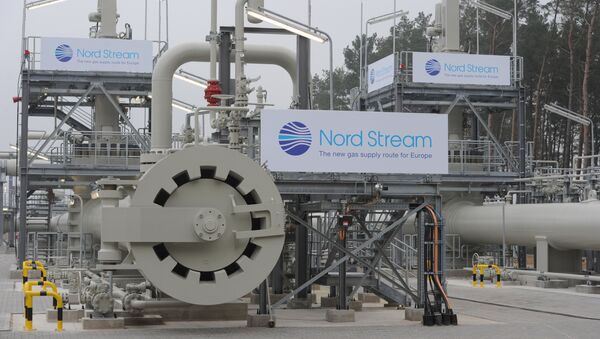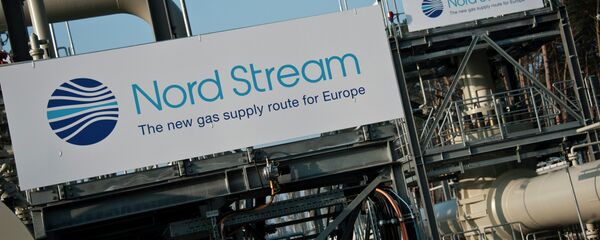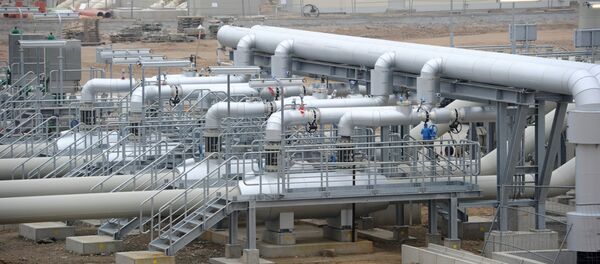Despite her tough stance toward the Kremlin, German Chancellor Angela Merkel has supported Nord Stream-2. Moreover, under her rule, Germany has abandoned its "Eastern policy" (Ostpolitik) which was used for 30 years by Berlin to build partnership with Russia.
According to the analyst, Nord Stream-2 confirms that national interests prevail over a common EU policy on energy security and efforts to establish an EU energy union.
However, this approach has won few friends in the bloc. For instance, the new Polish government led by the nationalist Law and Justice party has voiced concerns about both the new gas pipeline and the German policy on the issue.
"Warsaw also sees Nord Stream as representing a German-Russian alliance at the expense of Poland, Ukraine, and other countries in the region," the article read.
Italian Prime Minister Matteo Renzi has also joined the opposition, accusing Germany of double standards. After all, Italy’s ENI was set to build South Stream with Gazprom, but Brussels thwarted the project.
During the Ukrainian crisis, the EU – mostly by Merkel’s efforts – consolidated its stance toward Russia, but now Germany’s support for Nord Stream-2 may again undermine the solidarity, Dempsey wrote.
"For all that, she is not prepared to dump a pipeline that is undermining such cohesion," Dempsey added.
The Nord Stream-2 project presumes building two pipeline strings, with a total capacity of 55 billion cubic meters of gas a year, from Russia to Germany under the Baltic Sea.
An agreement on Nord Stream-2, involving the expansion of the Nord Stream gas pipeline, was signed in early-September 2014, during the Eastern Economic Forum in Russia’s Vladivostok. The new consortium was established by Gazprom, E.ON, Shell, BASF/Wintershall, OMV and Engie. Gazprom holds 50 percent of shares while the others own 10 percent each.
In December 2015, Gazprom said Nord Stream-2 is expected to be launched in the fourth quarter of 2019.



